Conclavoscope - Cardinal Soane Patita Paini Mafi
Cardinal Profile and Assessment
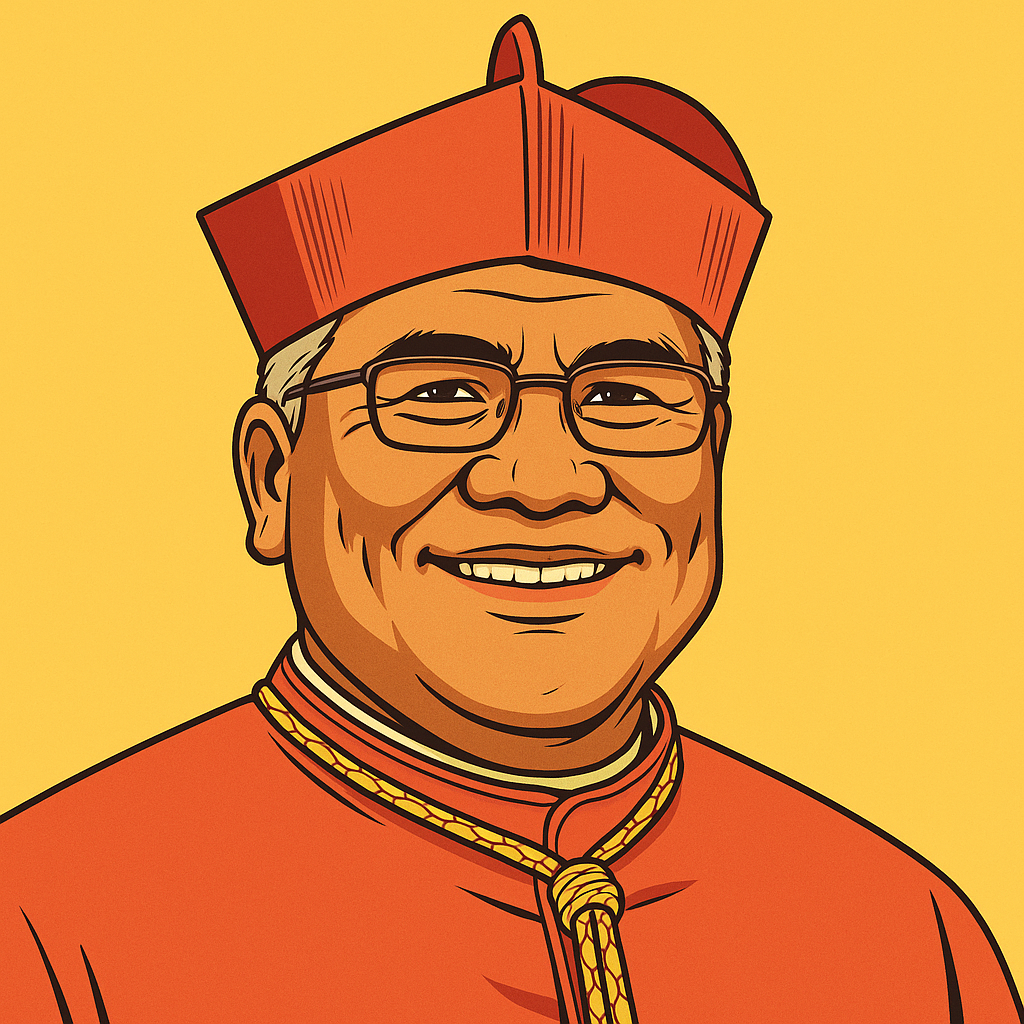
Tongan cardinal, Bishop of Tonga, first cardinal from his country, known for his pastoral leadership in the Pacific and his attention to environmental issues affecting Pacific islands.
| Criterion | Tendency |
|---|---|
| Moral doctrine | Moderately progressive |
| Liturgy | Centrist |
| Sociopolitical | Very progressive |
| Relationship with Pope Francis | Progressive |
| Dialogue | Centrist |
| Communication | Centrist |
| Overall tendency | Progressive |
Cardinal Mafi has not publicly articulated specific positions on contentious moral issues such as homosexuality or abortion. However, his close alignment with Pope Francis and his emphasis on pastoral care suggest a progressive approach that prioritizes inclusivity and compassion. His participation in synods on the family indicates openness to addressing contemporary moral challenges with empathy.
Cardinal Mafi respects traditional liturgical practices while being open to adaptations that resonate with local cultures. His leadership in the diverse context of Tonga demonstrates his ability to balance tradition with the pastoral needs of the faithful.
Cardinal Mafi is actively engaged in sociopolitical issues, particularly advocating for environmental justice and the rights of marginalized communities. He has spoken out about the impacts of climate change on Pacific island nations, emphasizing the Church's role in addressing ecological and social challenges.
Cardinal Mafi is closely aligned with Pope Francis, sharing his vision for a synodal and inclusive Church. His appointment as the first cardinal from Tonga reflects the Pope's trust in his leadership and commitment to ecclesial reform.
Cardinal Mafi supports interreligious dialogue, emphasizing the importance of understanding and cooperation among different faith traditions. His approach aligns with the Church's commitment to fostering unity and mutual respect.
Known for his pastoral and empathetic communication style, Cardinal Mafi emphasizes listening and dialogue. His leadership reflects a commitment to engaging with diverse perspectives within the Church and society.
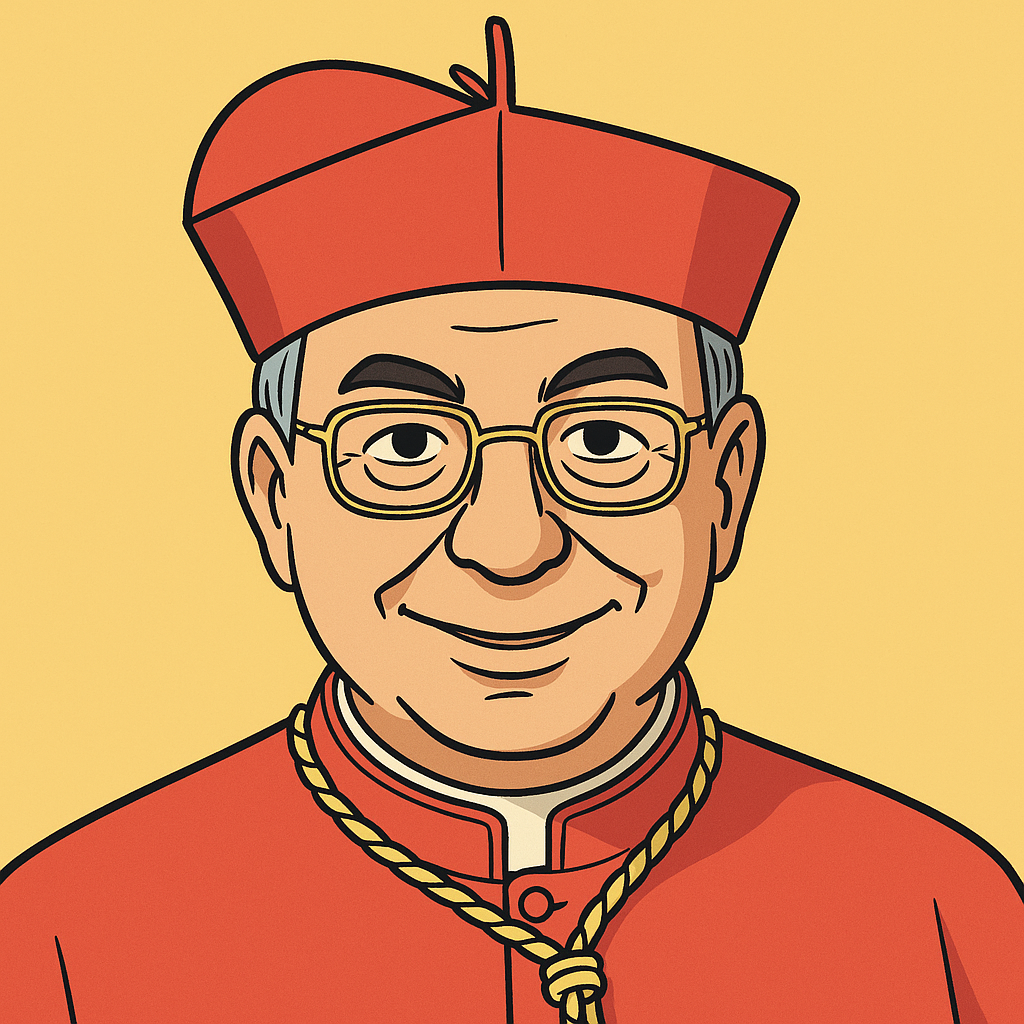
France
French cardinal, Prefect of the Supreme Tribunal of the Apostolic Signatura, known for his legal expertise and traditional doctrinal positions.

Myanmar
Burmese cardinal, the first from his country, known for his commitment to peace and reconciliation, combining respect for tradition and interreligious dialogue.
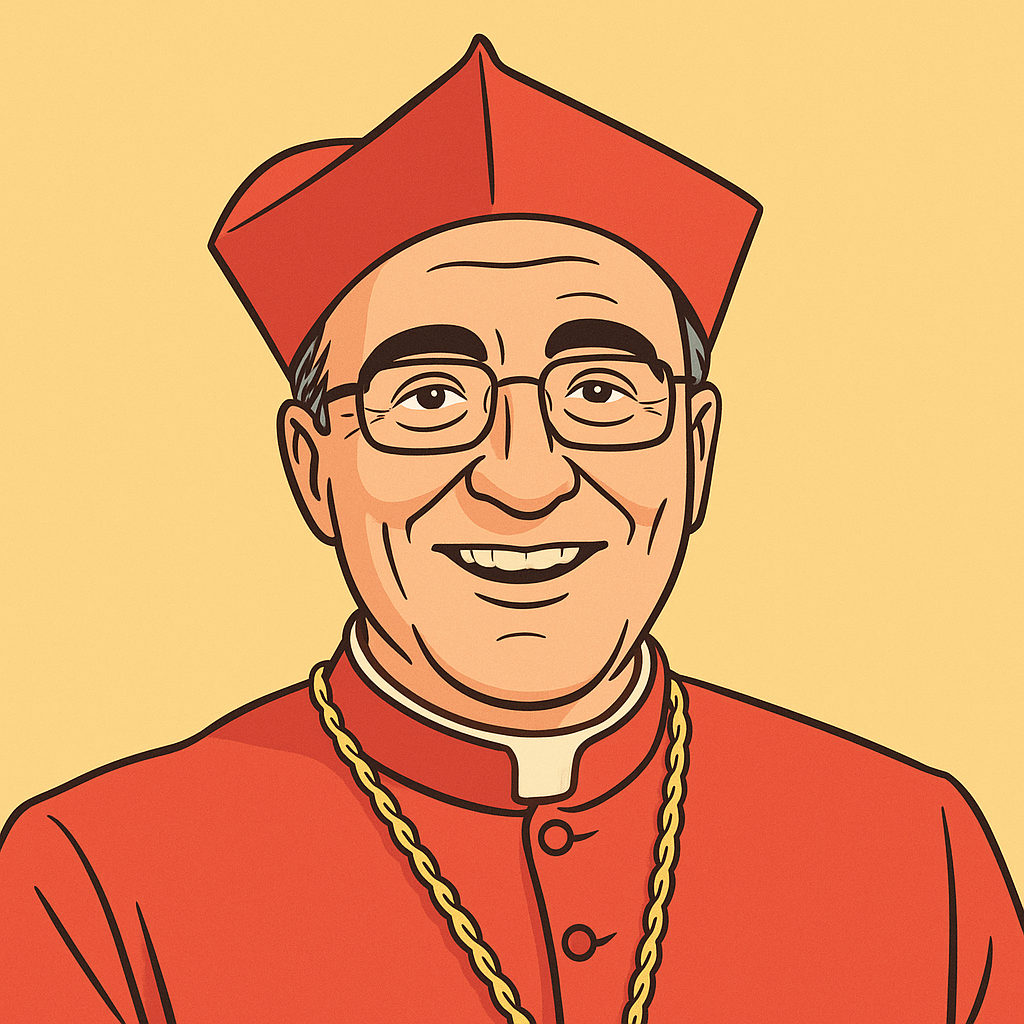
Uruguay
Uruguayan cardinal, Salesian, known for his balanced approach between tradition and renewal, and his commitment to Catholic education.
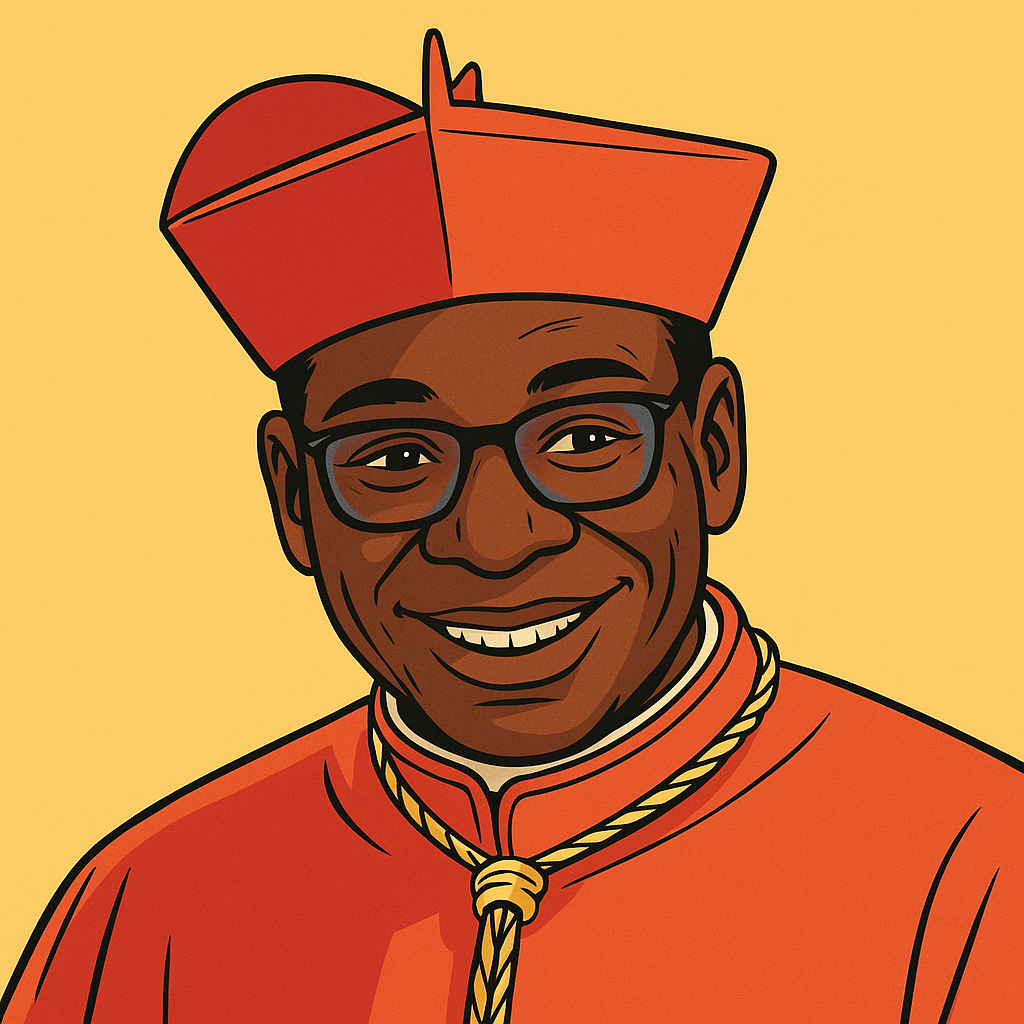
Ivory Coast
age: 64
Ivorian cardinal, Archbishop of Korhogo, known for his pastoral approach rooted in African traditions and his commitment to social peace.
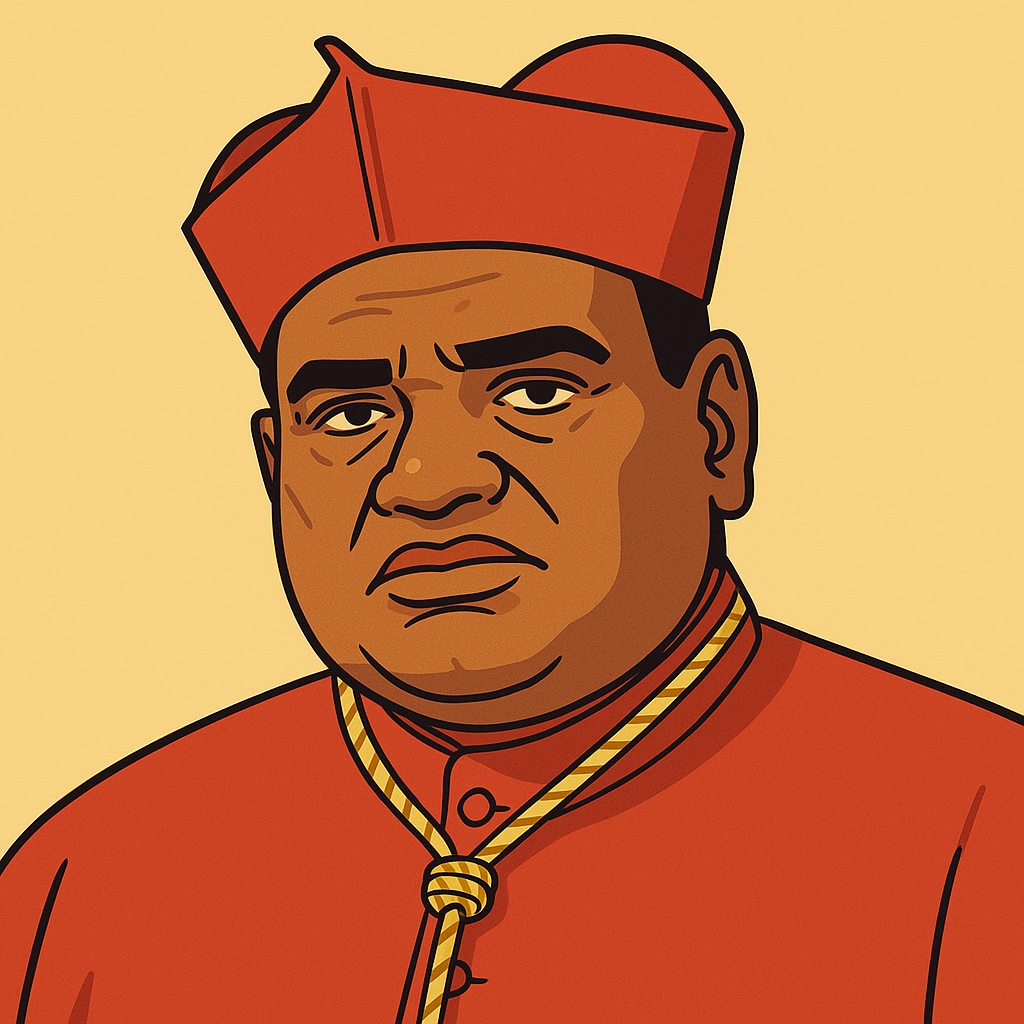
India
age: 64
Indian cardinal, the first Dalit (untouchable) to become a cardinal, known for his commitment to marginalized communities and defense of traditional values.
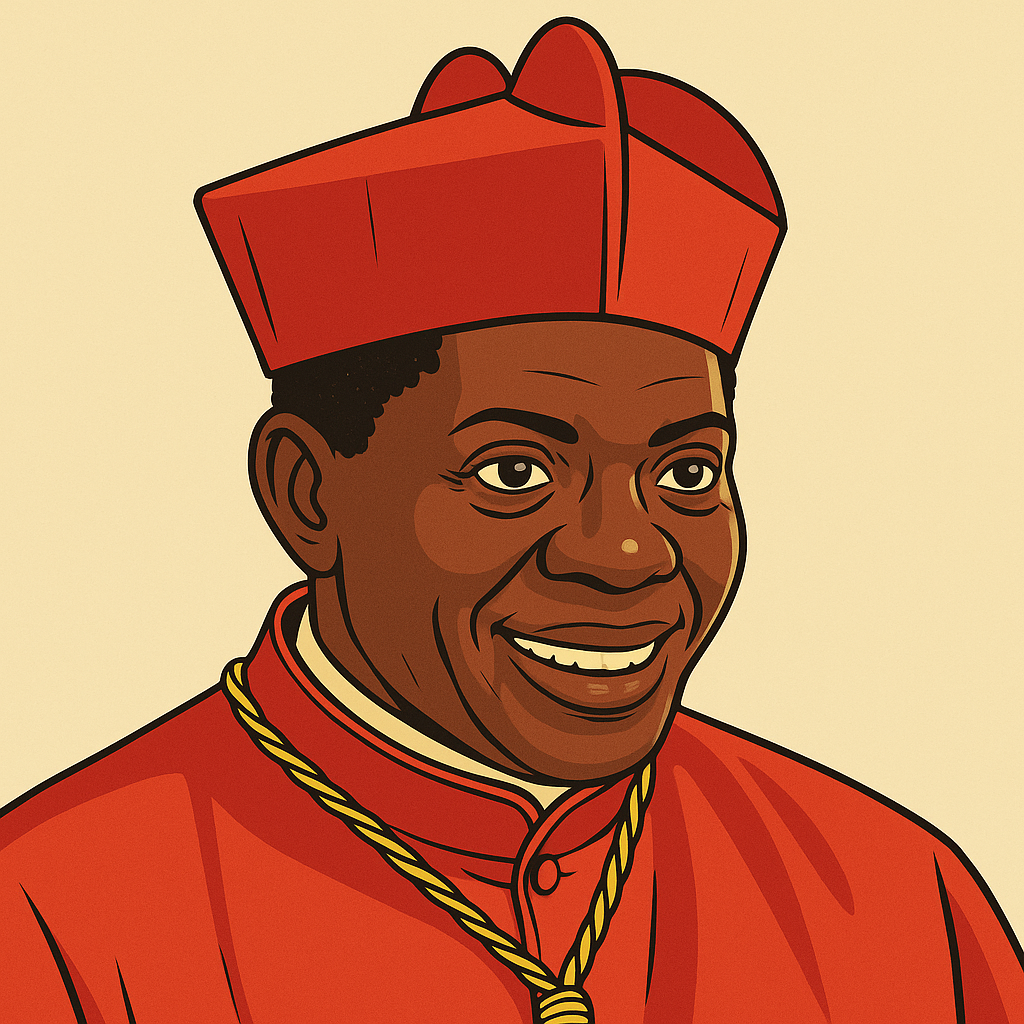
Tanzania
age: 65
Tanzanian cardinal, Secretary of the Dicastery for Evangelization, known for his missionary expertise and balanced pastoral vision, combining doctrinal fidelity and cultural adaptation.

South Africa
South African cardinal, Archbishop of Cape Town, known for his balanced leadership in post-apartheid South Africa and his pastoral work combining fidelity to doctrine and commitment to social justice.

Portugal
Portuguese cardinal recognized for his pastoral dynamism and modern communication, close to Pope Francis' positions on Church openness.

Portugal
Portuguese cardinal known for his pastoral approach and openness to modern issues, while maintaining a balance with tradition.
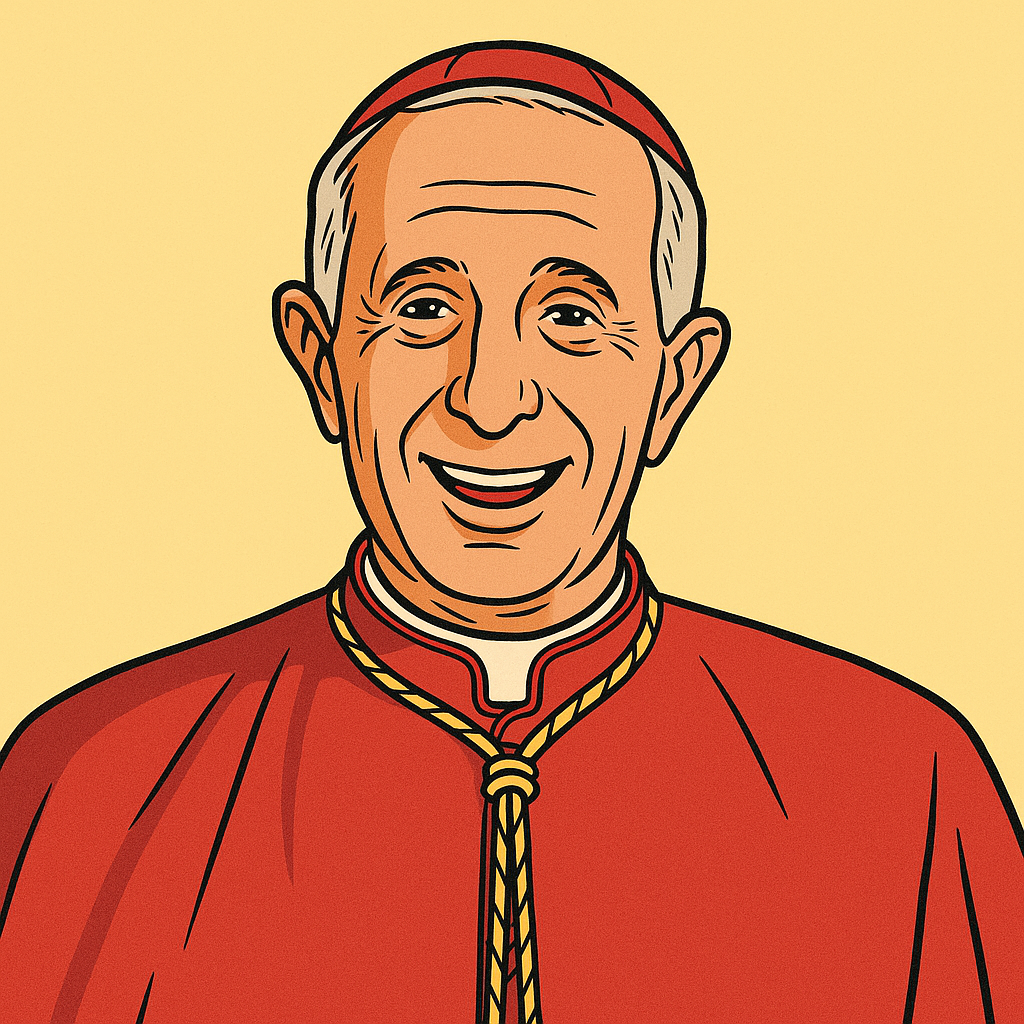
Argentina
Argentine cardinal, Archbishop Emeritus of Buenos Aires, successor of Pope Francis in this diocese, known for his discreet profile and balanced administration between tradition and renewal.

Switzerland
Swiss cardinal, president of the Dicastery for Promoting Christian Unity, known for his theological expertise and ecumenical commitment, with a moderately conservative doctrinal position.
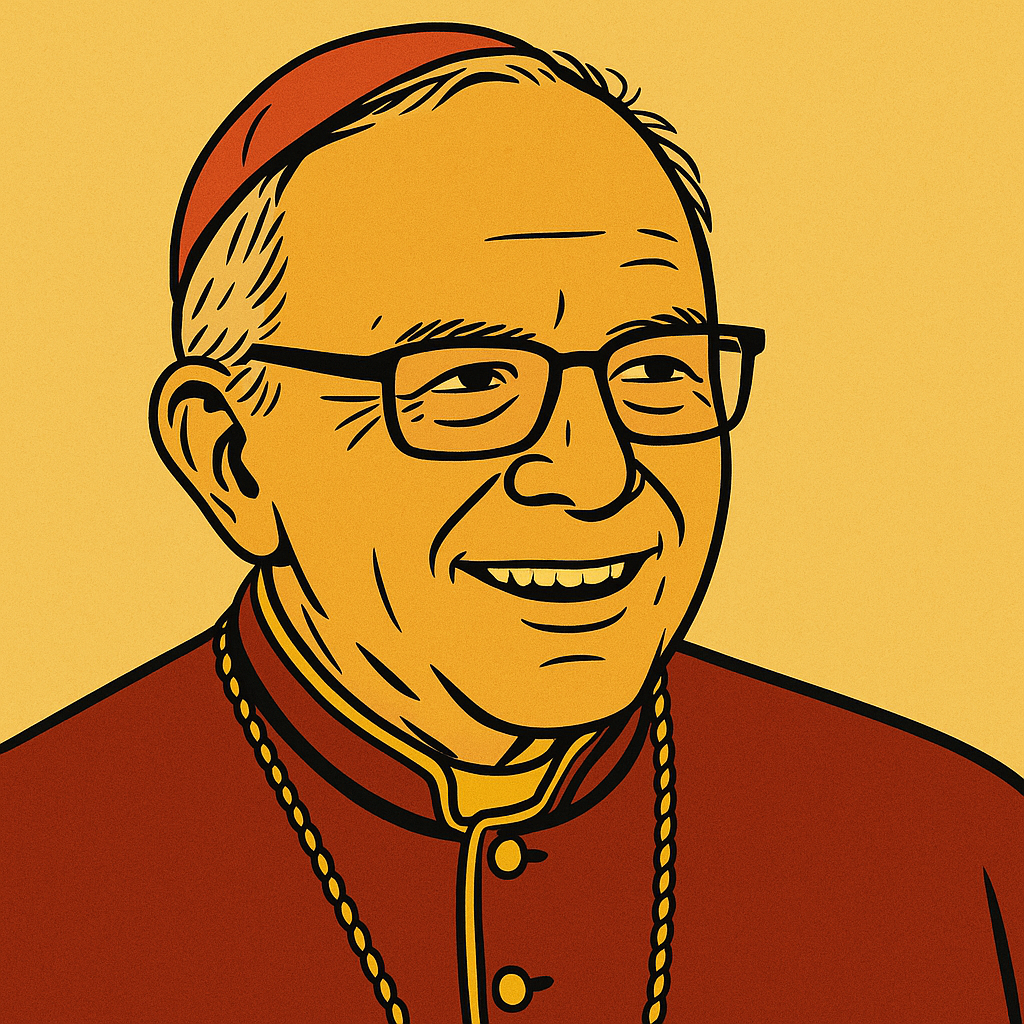
Portugal
Portuguese cardinal, Patriarch Emeritus of Lisbon, known for his balanced leadership and pastoral vision that respects tradition while dialoguing with contemporary society.
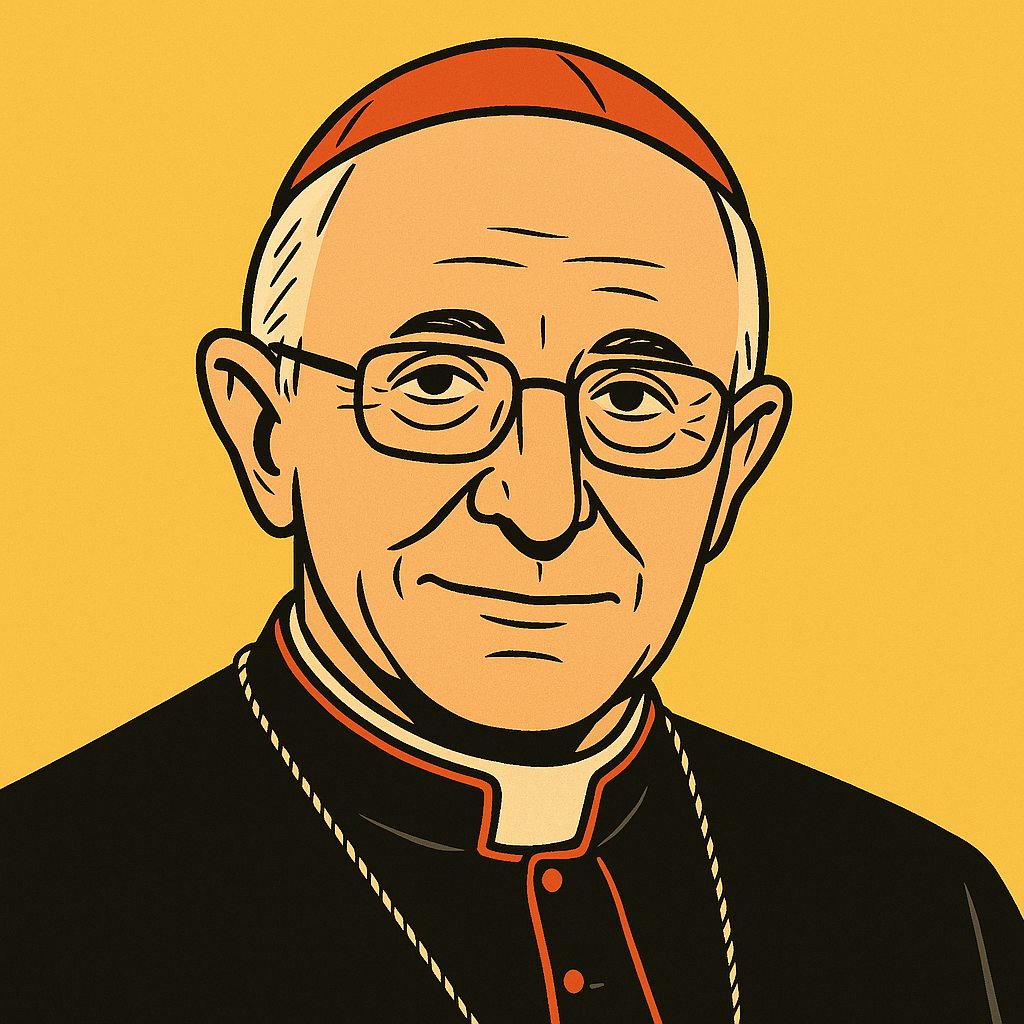
Italy
Italian cardinal, Grand Master of the Order of the Holy Sepulchre, former prefect of the Congregation for the Evangelization of Peoples, known for his missionary and diplomatic experience.
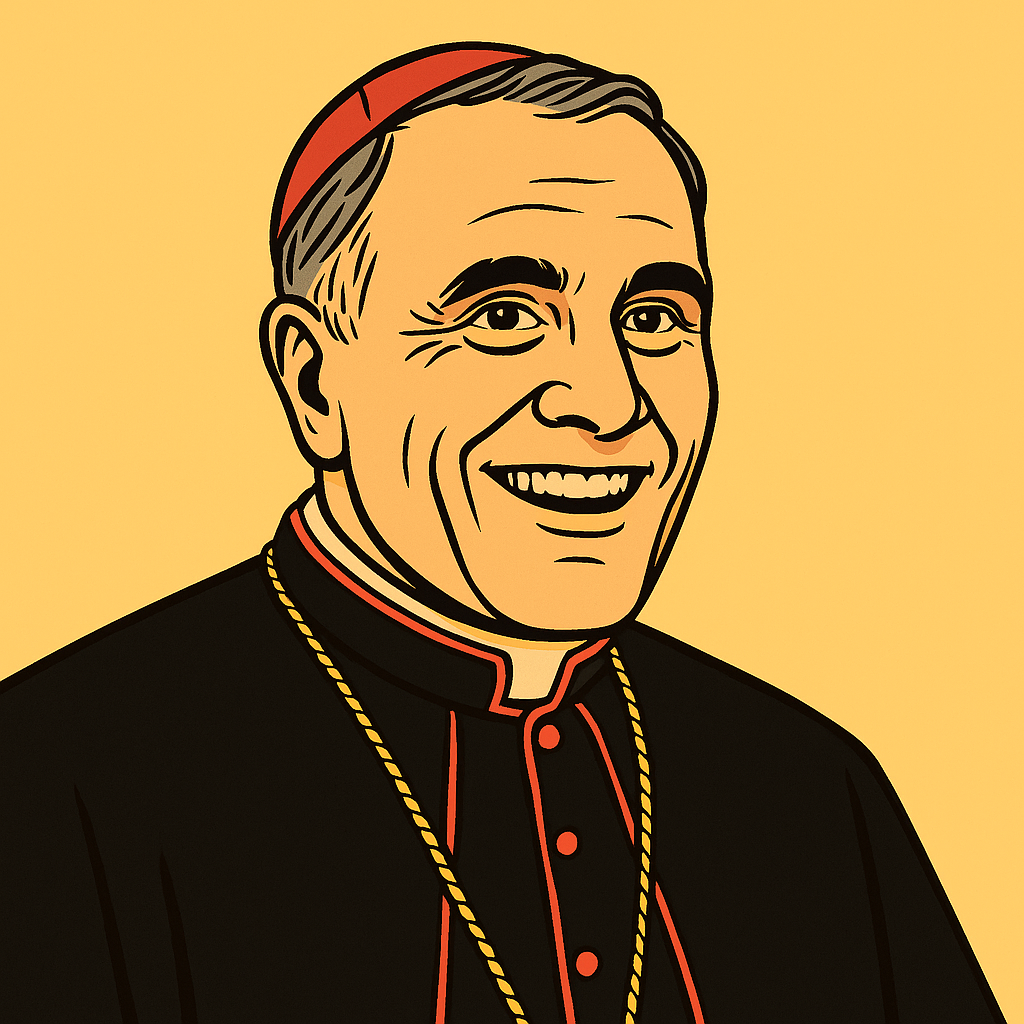
United States
American cardinal, known for his conservative positions on doctrine and liturgy, while seeking unity in a divided ecclesial context.
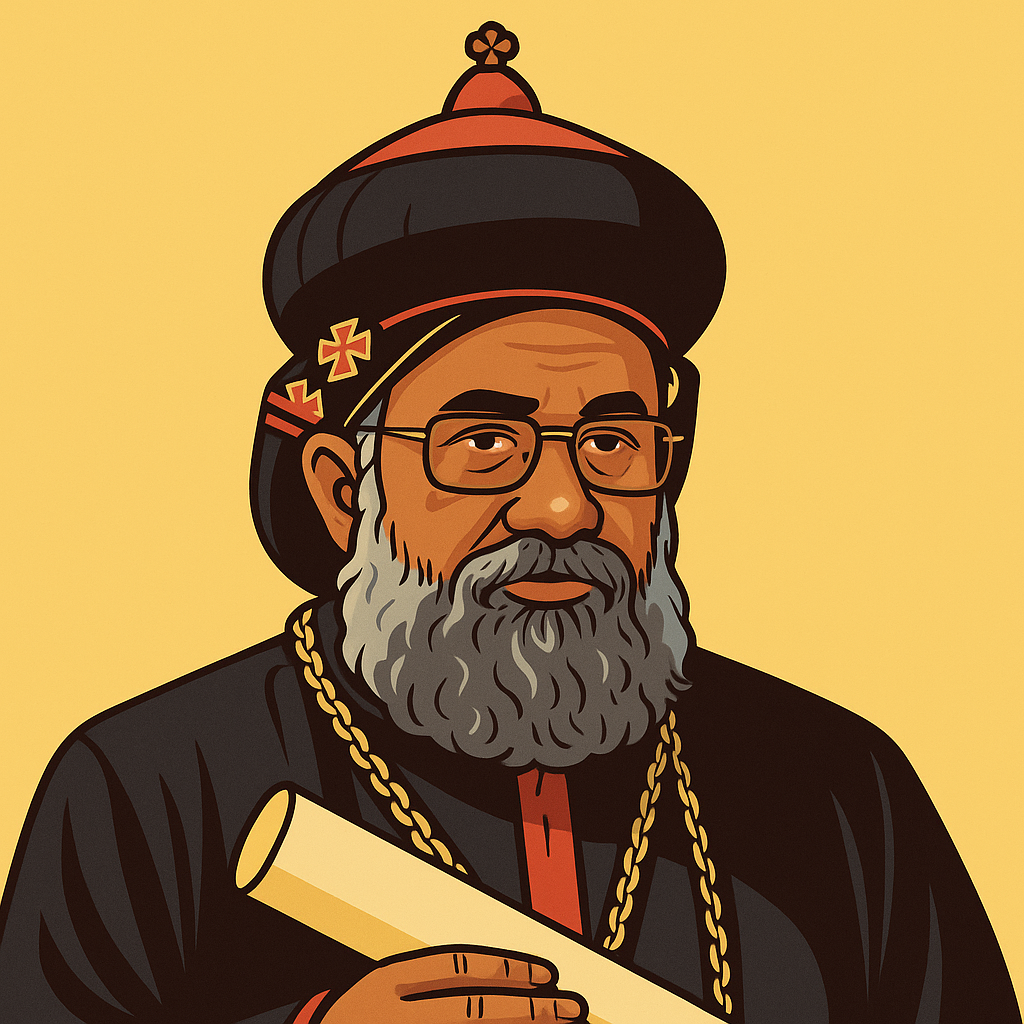
India
Indian cardinal of Syro-Malankara rite, known for his attachment to the Eastern traditions of the Church and his defense of traditional moral doctrine.
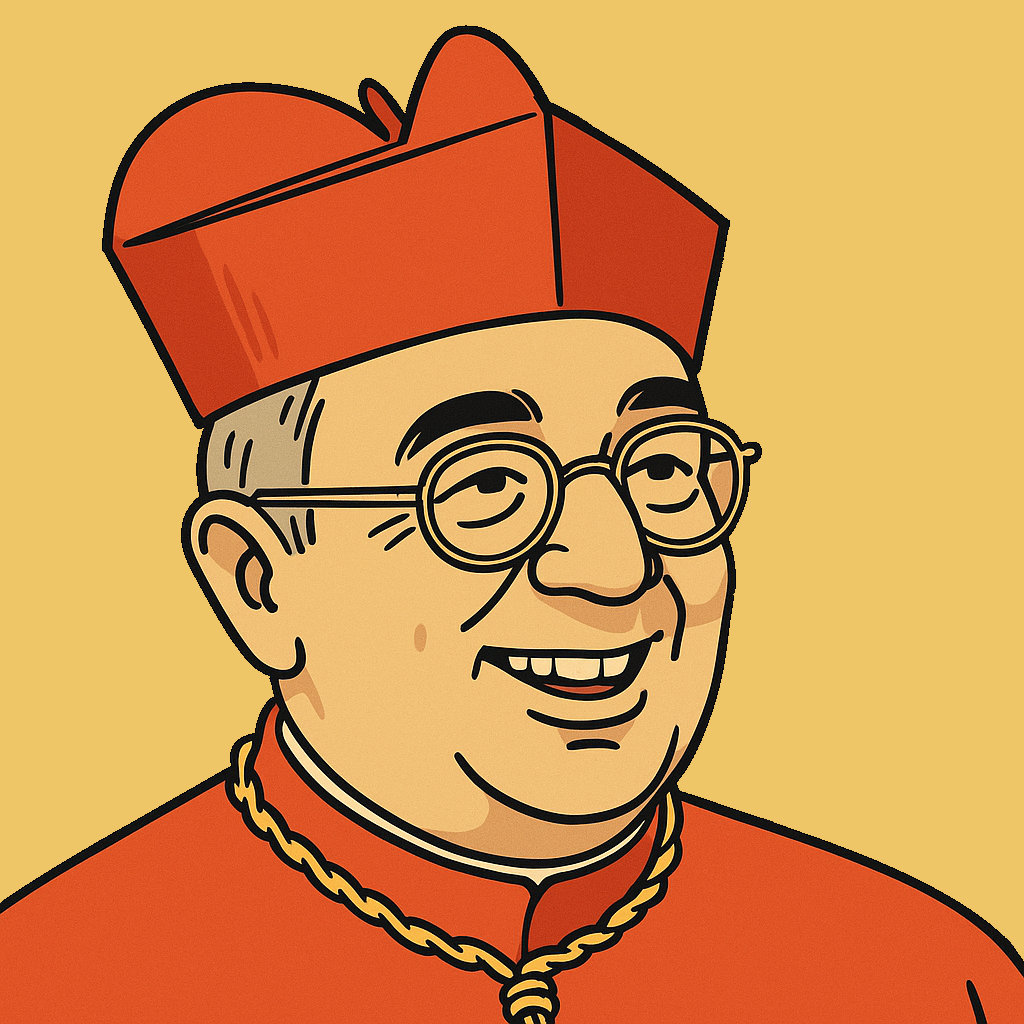
Italy
Italian cardinal, former vicar general of the pope for the diocese of Rome, known for his balance between liturgical tradition and moderate pastoral openness.

Argentina
Argentine cardinal, Archbishop Emeritus of Buenos Aires, successor of Pope Francis in this diocese, known for his discreet profile and balanced administration between tradition and renewal.
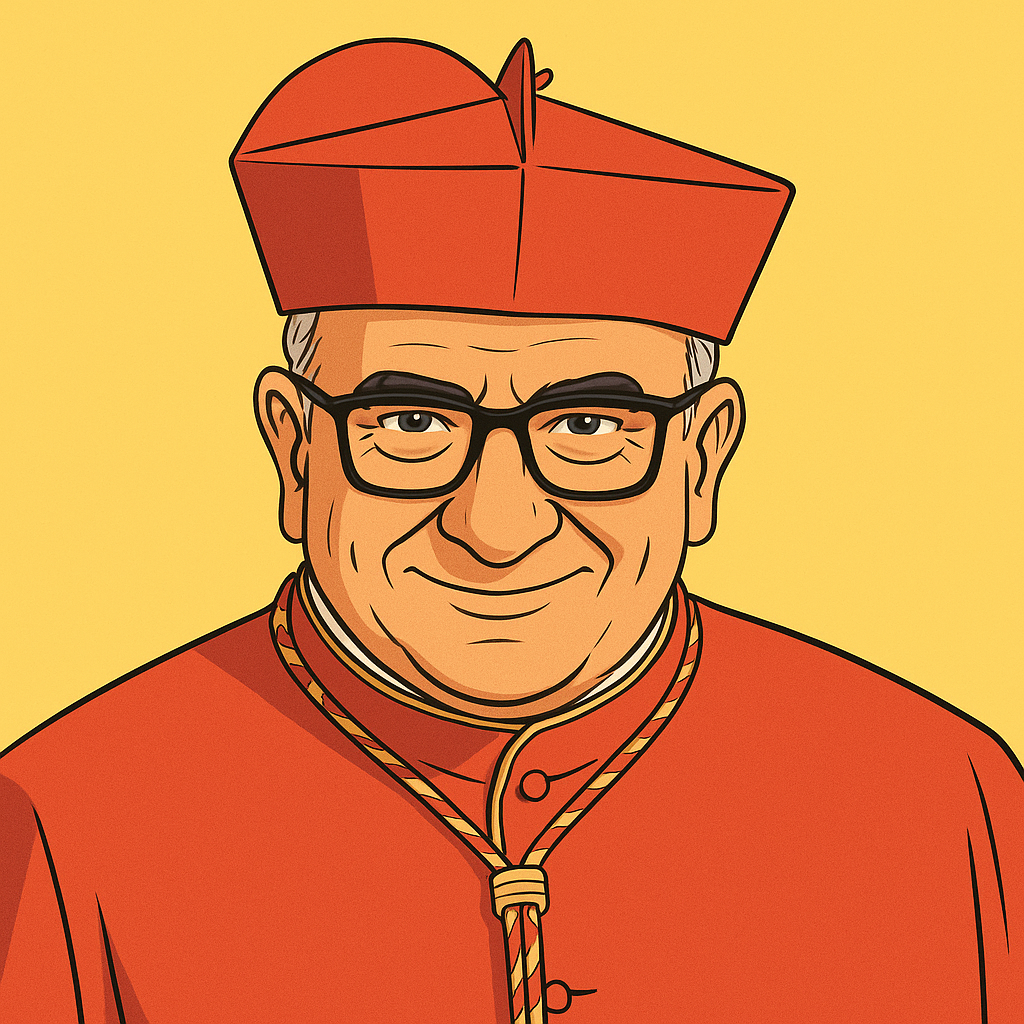
Chile
Chilean cardinal, Archbishop of Concepción, known for his conservative doctrinal positions and commitment to rebuilding trust after abuse scandals.

Netherlands
Dutch cardinal, Archbishop of Utrecht, physician and bioethicist, known for his very conservative positions on bioethical and moral issues, and his defense of traditional doctrine.
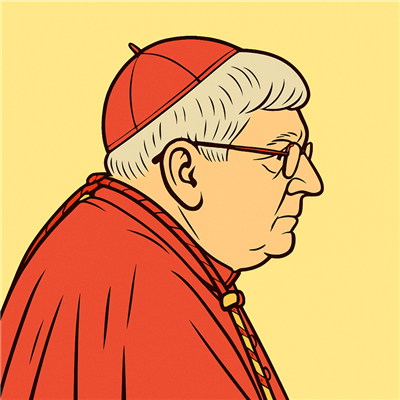
Canada
Canadian cardinal, Archbishop Emeritus of Toronto, known for his conservative positions on issues of moral doctrine and his commitment to defending religious freedom.
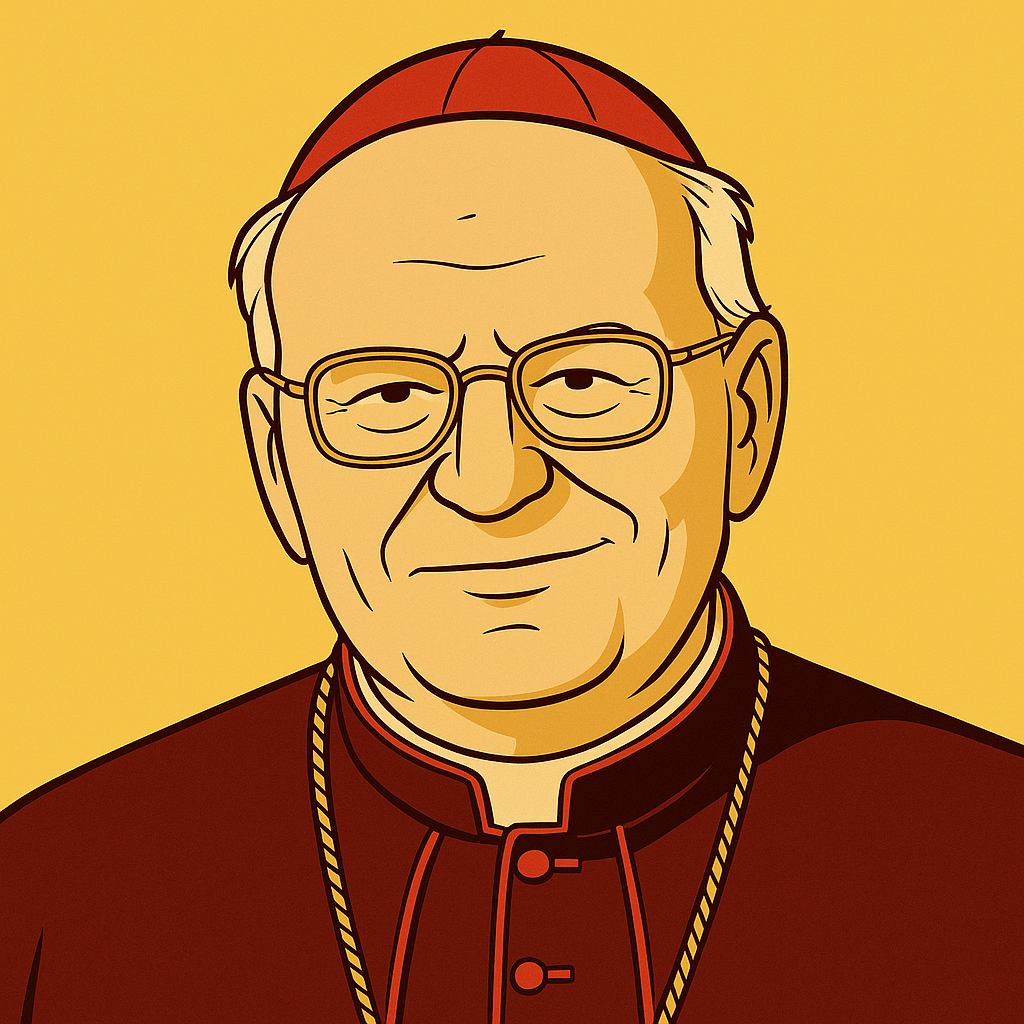
Hungary
Hungarian cardinal, Archbishop of Esztergom-Budapest, renowned canonist, known for his conservative doctrinal positions and his influential role in the Church of Central Europe.

Canada
Canadian cardinal, Archbishop Emeritus of Toronto, known for his conservative positions on issues of moral doctrine and his commitment to defending religious freedom.

Hungary
Hungarian cardinal, Archbishop of Esztergom-Budapest, renowned canonist, known for his conservative doctrinal positions and his influential role in the Church of Central Europe.
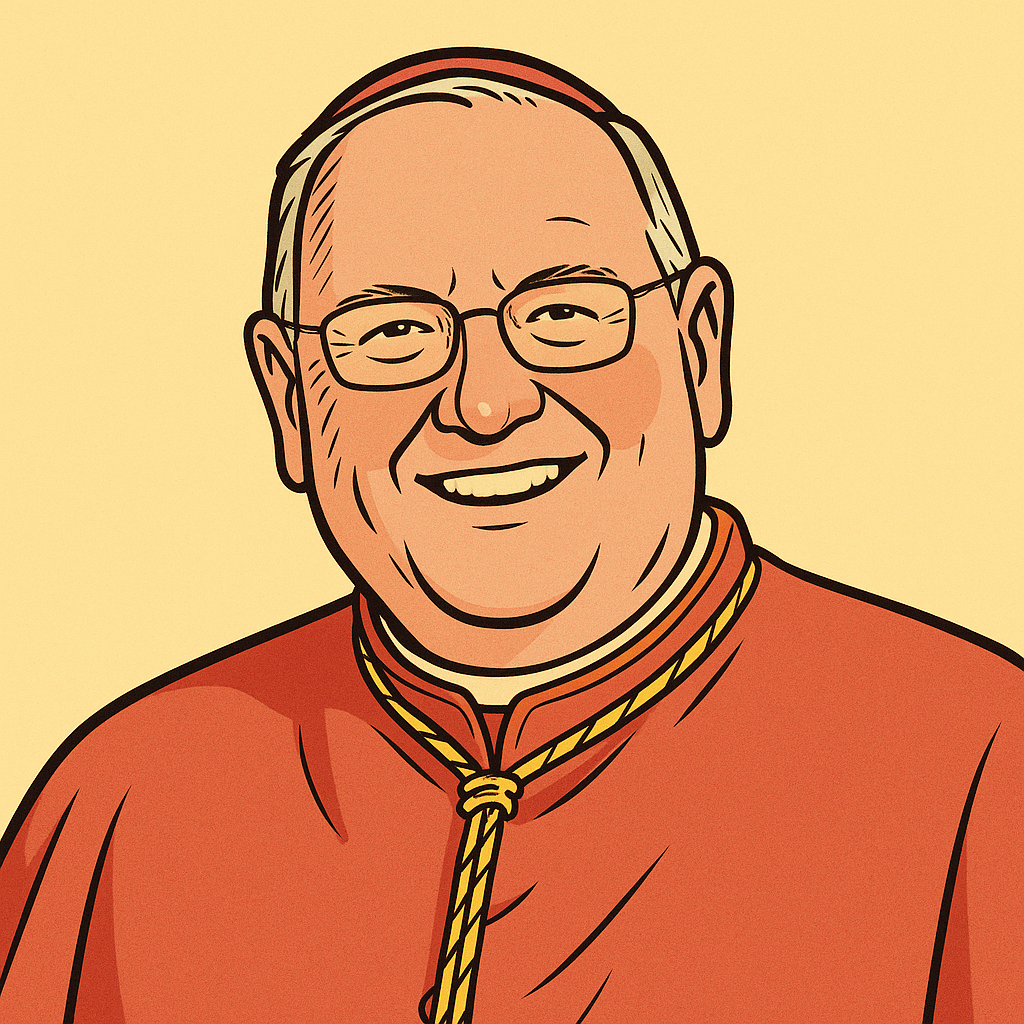
United States
American cardinal, Archbishop of New York, known for his media charisma and balanced leadership, combining social commitment and defense of Catholic tradition and moral values.